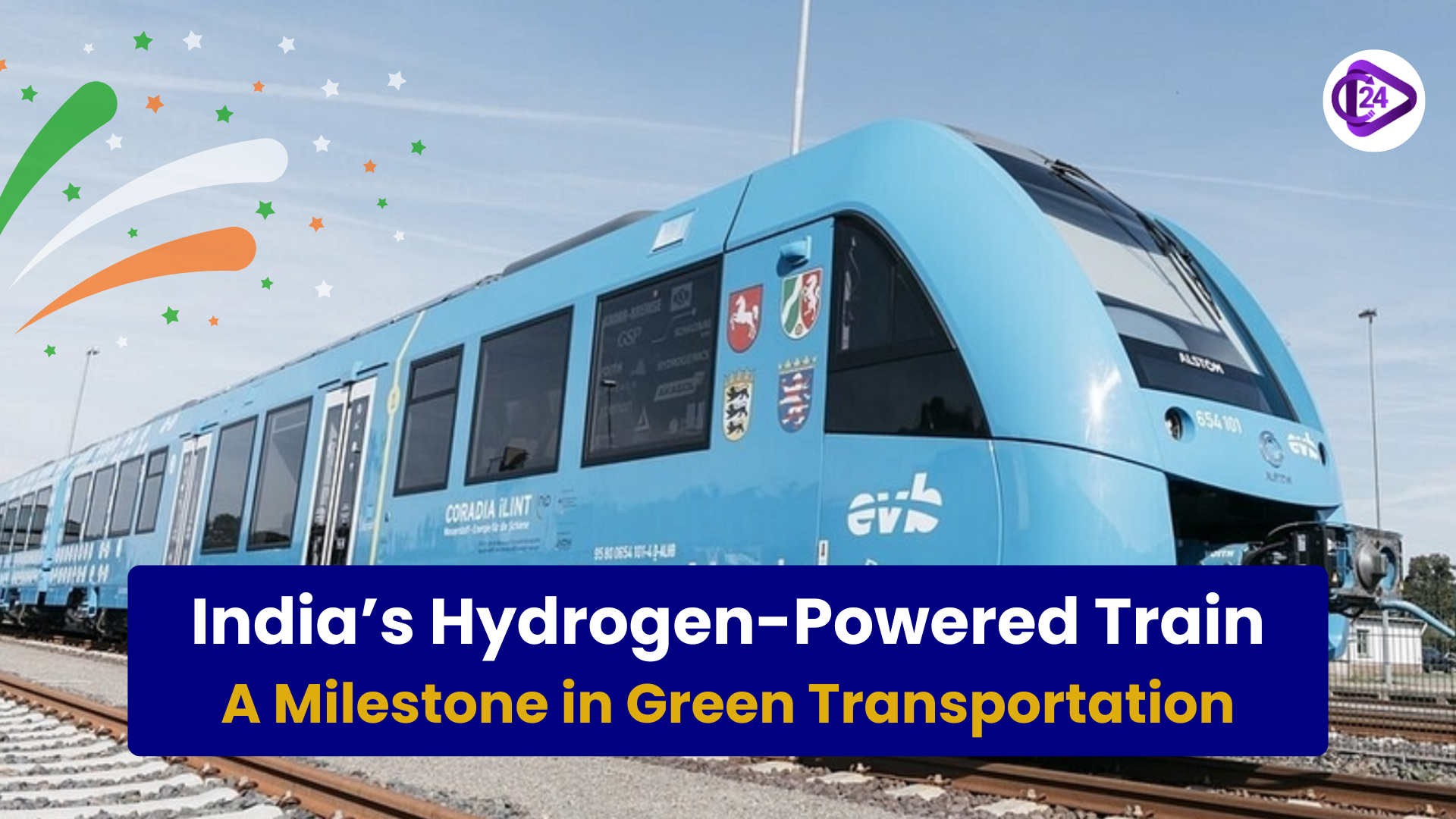
In a first of its kind move in the direction of sustainable transport, Indian Railways has managed to test run its maiden hydrogen-powered coach at the Integral Coach Factory (ICF), Chennai. The project is a breakthrough in the clean energy agenda of India and to achieve the worldwide goal of reducing emission of transportation systems. As far as only a few countries have hydrogen-powered trains in service, the advancement of India in the sector indicates an innovation and environmental-willing spirit.
Context
Project Information
-
The project is under the Northern Railway zone so the estimated cost is 136 crore rupees.
-
It was started in 2020-21 and is currently being tested in its last phase.
The project entails:
-
Conversion of two diesel-electric multiple units (DEMU) to a multiple unit that runs on hydrogen.
-
Every train will be equipped with 10 coaches driven by 2 hydrogen fuel cell 1600-HP engines and will be able to carry 2,600+ passengers.=
Meaning and Effect
-
Adoption of Green Fuel: Hydrogen is a clean-burning fuel and will only produce water vaper as emission therefore minimizing use of fossil fuels.
-
Energy Transition: Increases renewable energy proportion in the energy content of Indian Railways.
-
Climate Action: It supports Indian commitments of cutting greenhouse gas emission and reaching Net-Zero by 2070 as stated under the Paris Agreement.
Technological Innovation:
-
350 bar pressure hydrogen cylinders.
-
Modularity in order to guarantee security and versatility.
-
Employment & Industry Development: Injects local creativity and is in line with the Make in India project by the government.
Difficulties and Technical Distributions
-
Hydrogen Technology Maturity: Not yet a mature industry with success stories of little scale world-wide.
-
Safety Concerns: Hydrogen is highly flammable; the study on failure modes is underway to reduce the risks by utilizing the computational fluid dynamics (CFD) methods.
-
Design Validation: This is carried out by the RDSO and the BIS to indicate whether it meets the standards of safety, vibration and standards set in the emission norms.
Fuel Storage and Infrastructure:
-
A decent hydrogen fuel storage and filling station was established at Jind, Haryana, with a capacity of 3, 000 kg.
-
Separate storage: 2,320 kg of low pressure storage and 680 kg of high pressure storage.
The Working Behind It.
-
Hydrogen fuel could be stored in so-called special cylinders and then supplied to fuel cells.
-
Hydrogen is made to generate electricity that runs traction motors in fuel cells.
-
The train has zero tailpipe emissions and a quiet and clean form of transportation.
-
Retrofitting will enable older diesel devices to be transformed as opposed to starting up new systems, cutting down on the cost and consumption of resources.
Global Context
-
In Germany, France, and Japan hydrogen trains are already working.
-
India has already brought hydrogen rail transport, which makes it a technological leader in the Global South.
-
Policy and Government Schemes Push
-
The National Green Hydrogen Mission strives to turn India into a worldwide center of hydrogen manufacturing and export.
Backed by:
-
Ministry of Railway
-
Department of Promotion of Industry and Internal Trade (DPIIT)
-
Petroleum and explosives safety organisation (PESO)
Way Forward
-
In order to upscale hydrogen train in India, it is important to take the following steps:
-
Reduced price and increased production of the hydrogen driven fuel cells and the storage system.
-
Freight and passenger routes identification and development of hydrogen corridors.
-
Technology deployment through public-private partnerships.
-
Learning and training of railways.
-
Putting up hydrogen refueling stations along the railway system.
conclusion
India’s first hydrogen-powered train marks a major milestone in the journey towards sustainable and green mobility. It reflects not only India’s commitment to its climate goals but also its growing capability in clean transport innovation. This initiative strengthens the Make in India campaign, promotes energy independence, and showcases the country’s technological advancement. Going forward, strong investment in hydrogen fuel infrastructure and corridor development will be crucial. With the right momentum, India is well on track to lead the Global South in eco-friendly rail transport solutions.



 VoxelGrids Launches India’s First Made-in-India MRI Scanner: A Breakthrough in Medical Imaging
VoxelGrids Launches India’s First Made-in-India MRI Scanner: A Breakthrough in Medical Imaging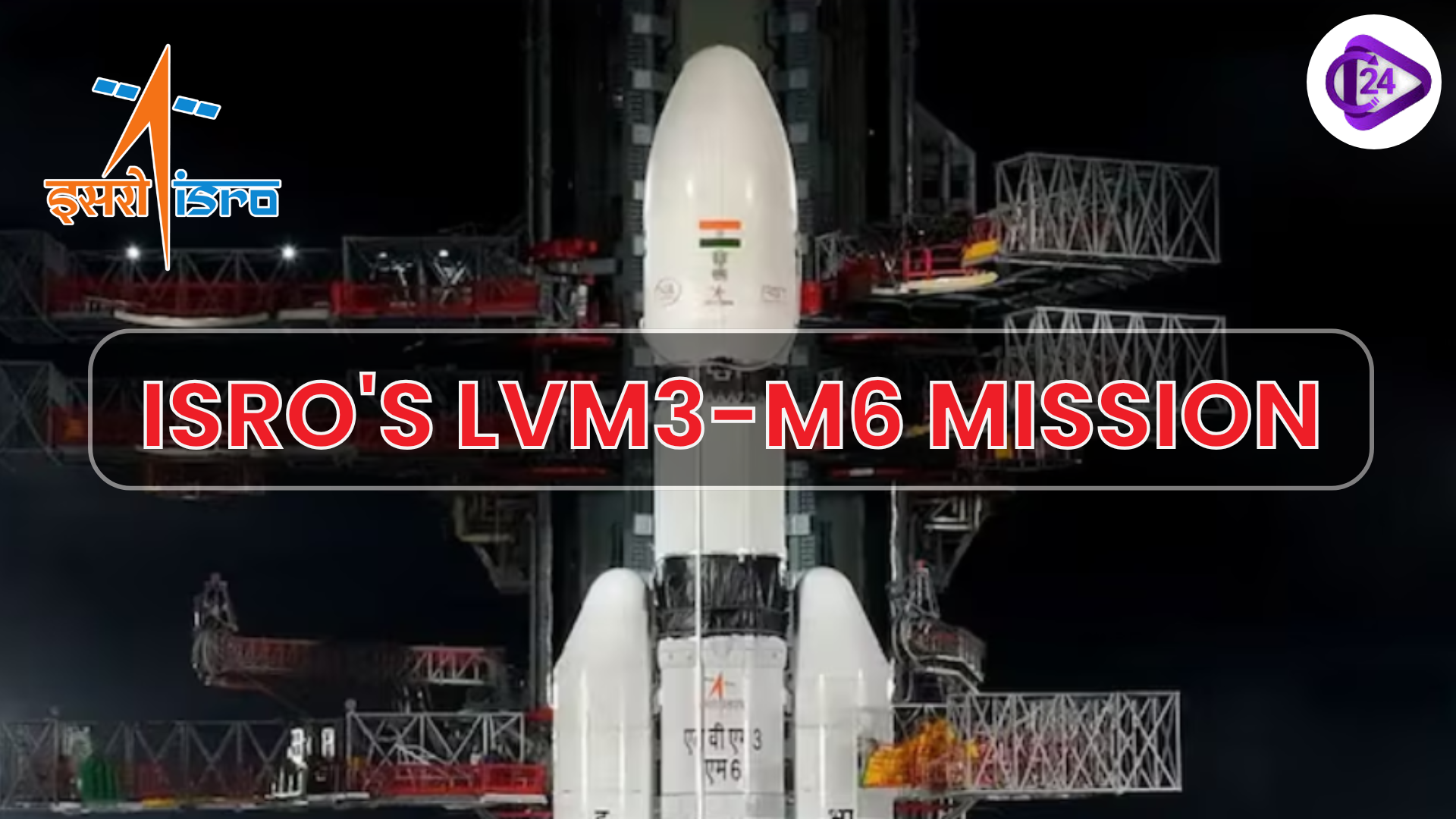 ISRO's LVM3-M6 Mission: Launching the Heaviest Satellite from Indian Soil
ISRO's LVM3-M6 Mission: Launching the Heaviest Satellite from Indian Soil Indian Coast Guard Inducts First Pollution Control Vessel Samudra Pratap
Indian Coast Guard Inducts First Pollution Control Vessel Samudra Pratap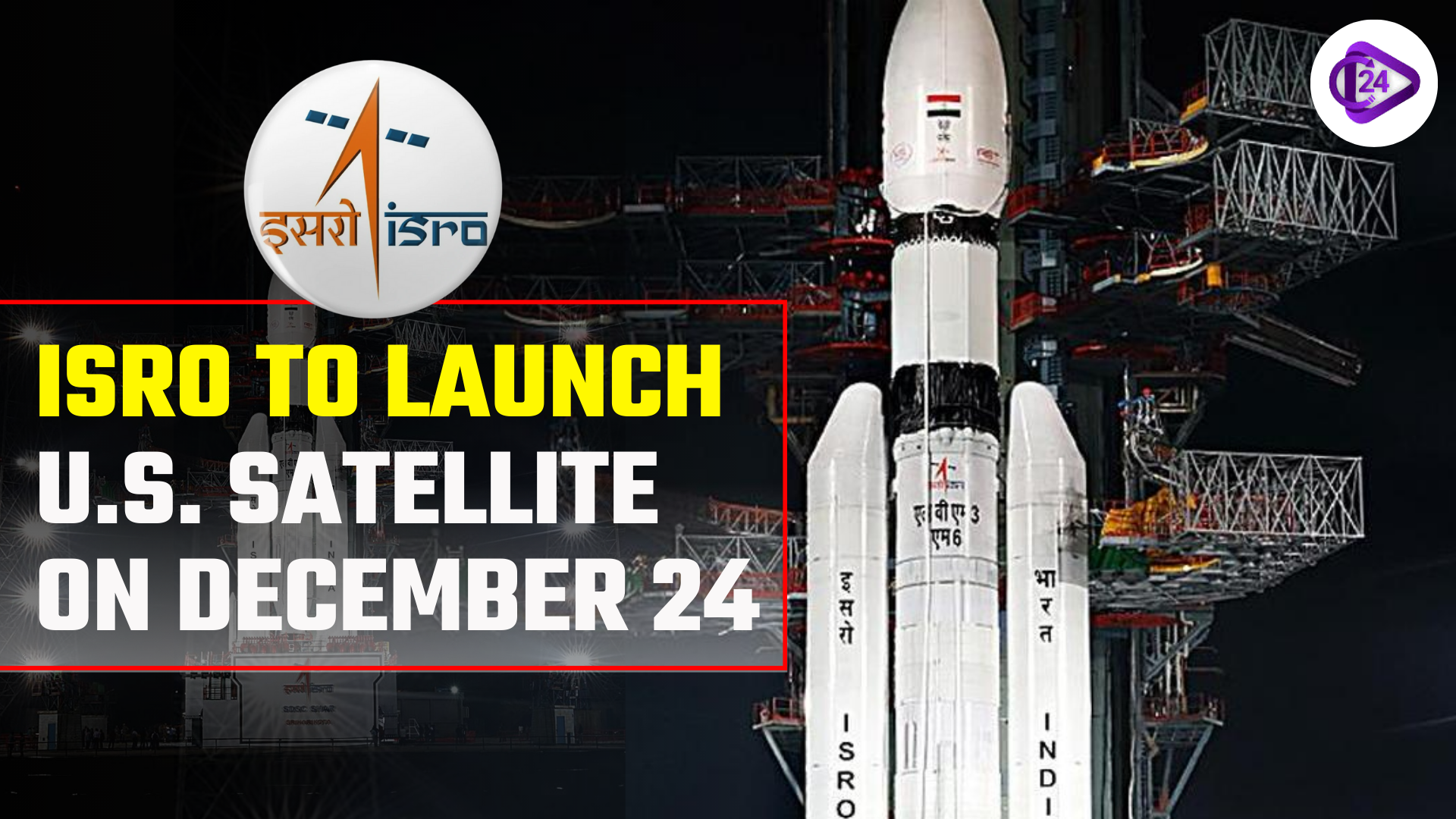 ISRO to launch U.S. satellite on December 24
ISRO to launch U.S. satellite on December 24 Google’s Project Suncatcher Aims to Scale AI Data Centres in Space
Google’s Project Suncatcher Aims to Scale AI Data Centres in Space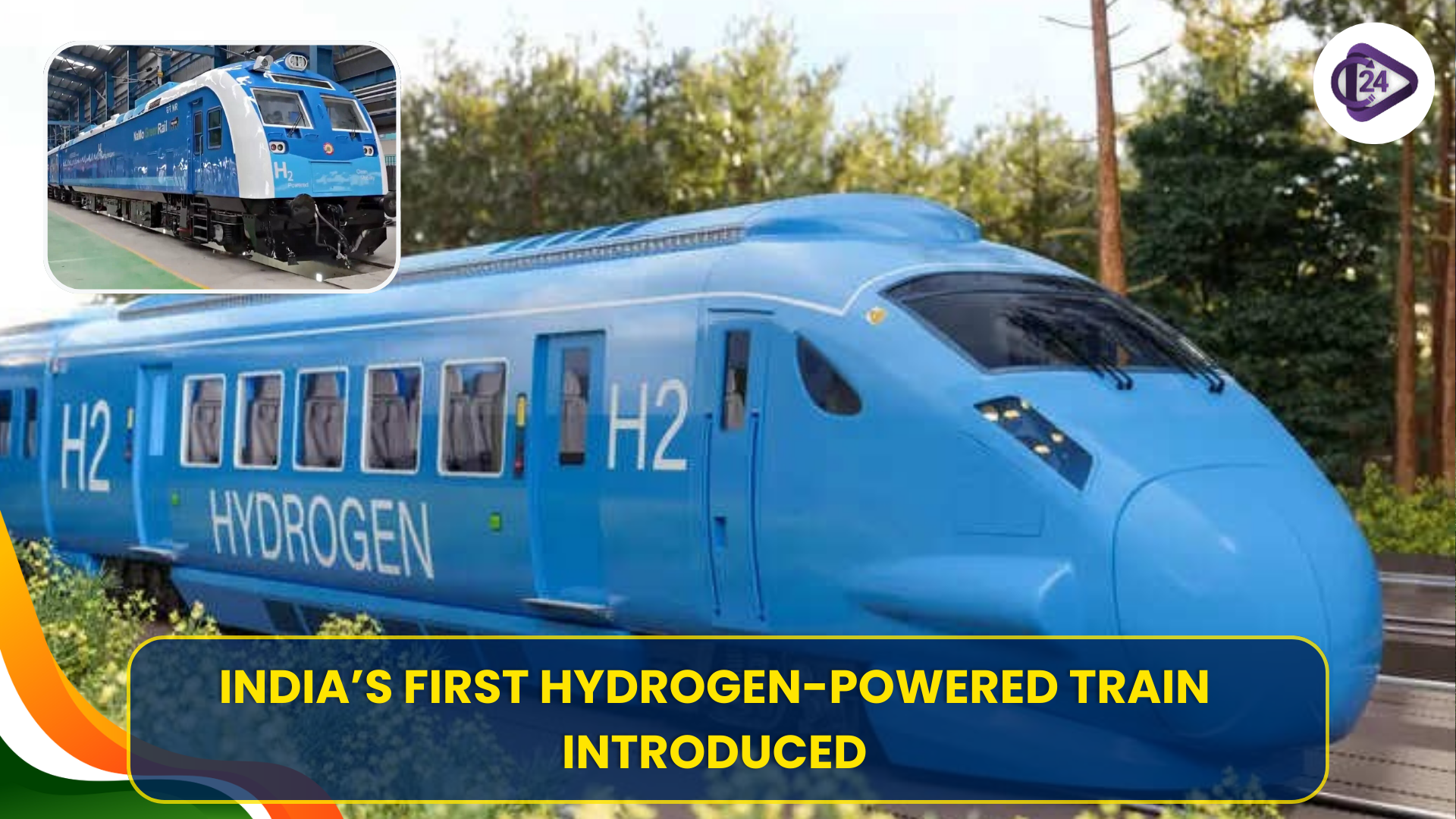 India's First Hydrogen-Powered Train Coach Successfully Tested at ICF Chennai
India's First Hydrogen-Powered Train Coach Successfully Tested at ICF Chennai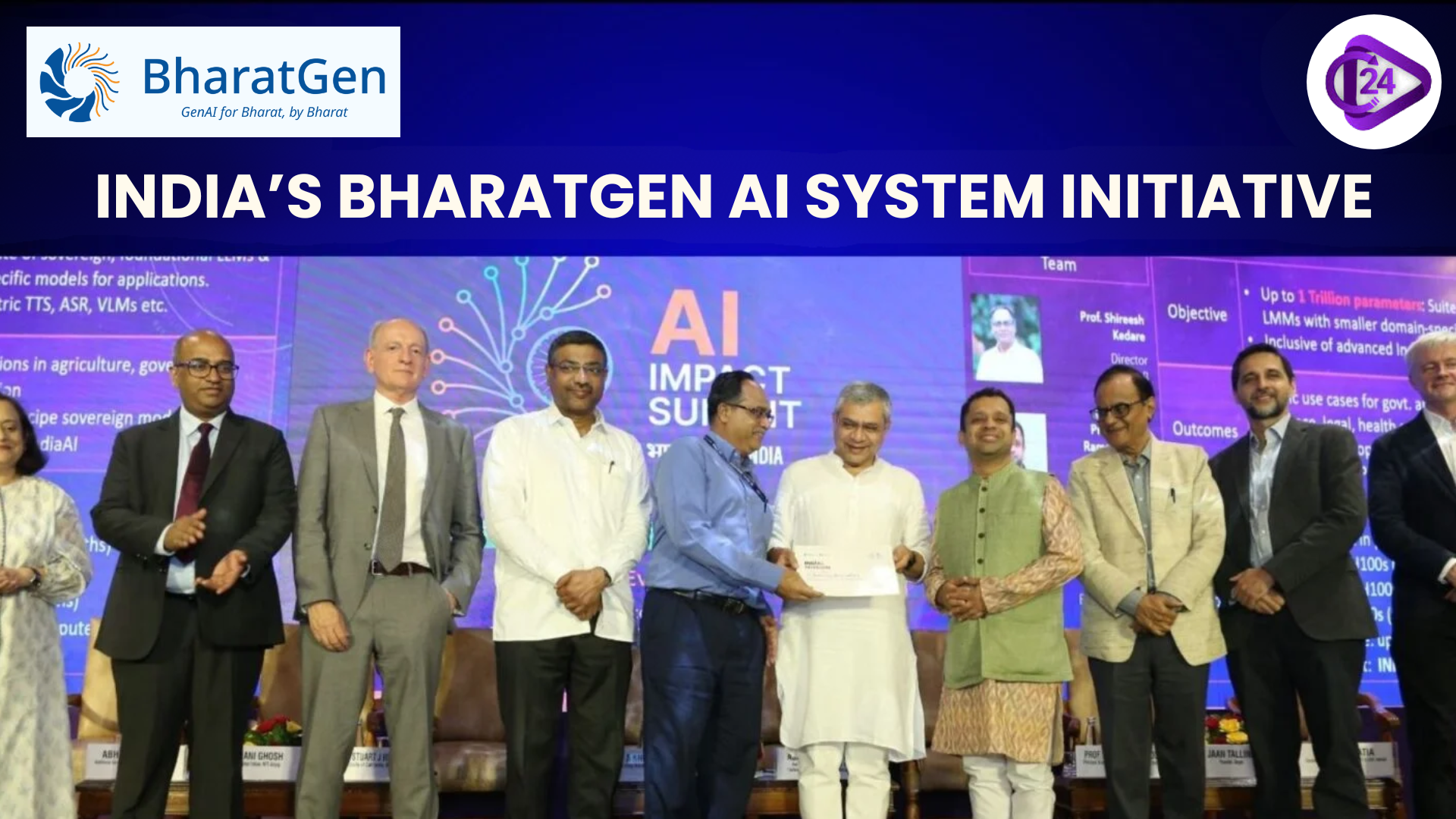 India’s BharatGen AI System Initiative
India’s BharatGen AI System Initiative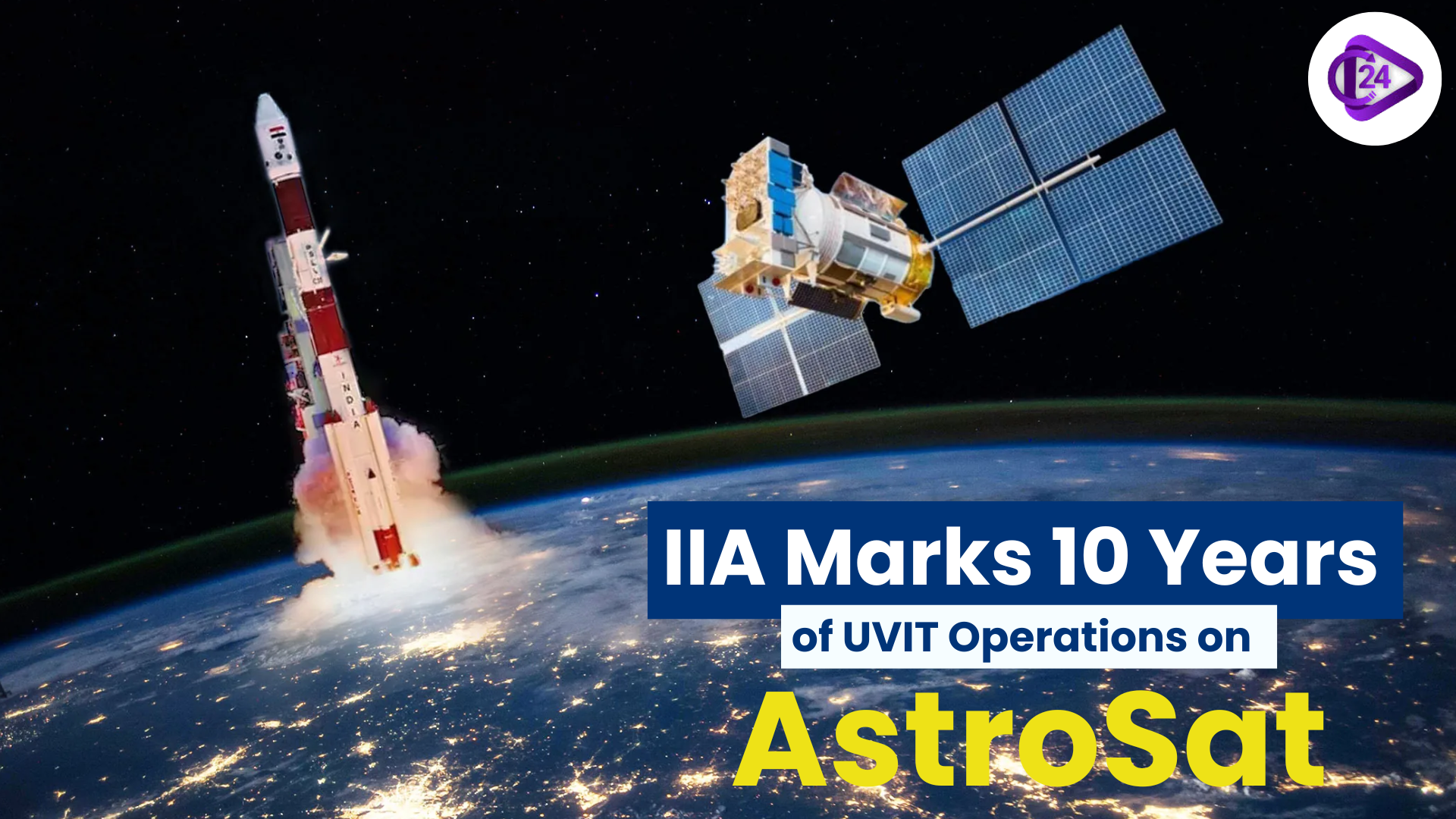 IIA Marks 10 Years of UVIT Operations on AstroSat
IIA Marks 10 Years of UVIT Operations on AstroSat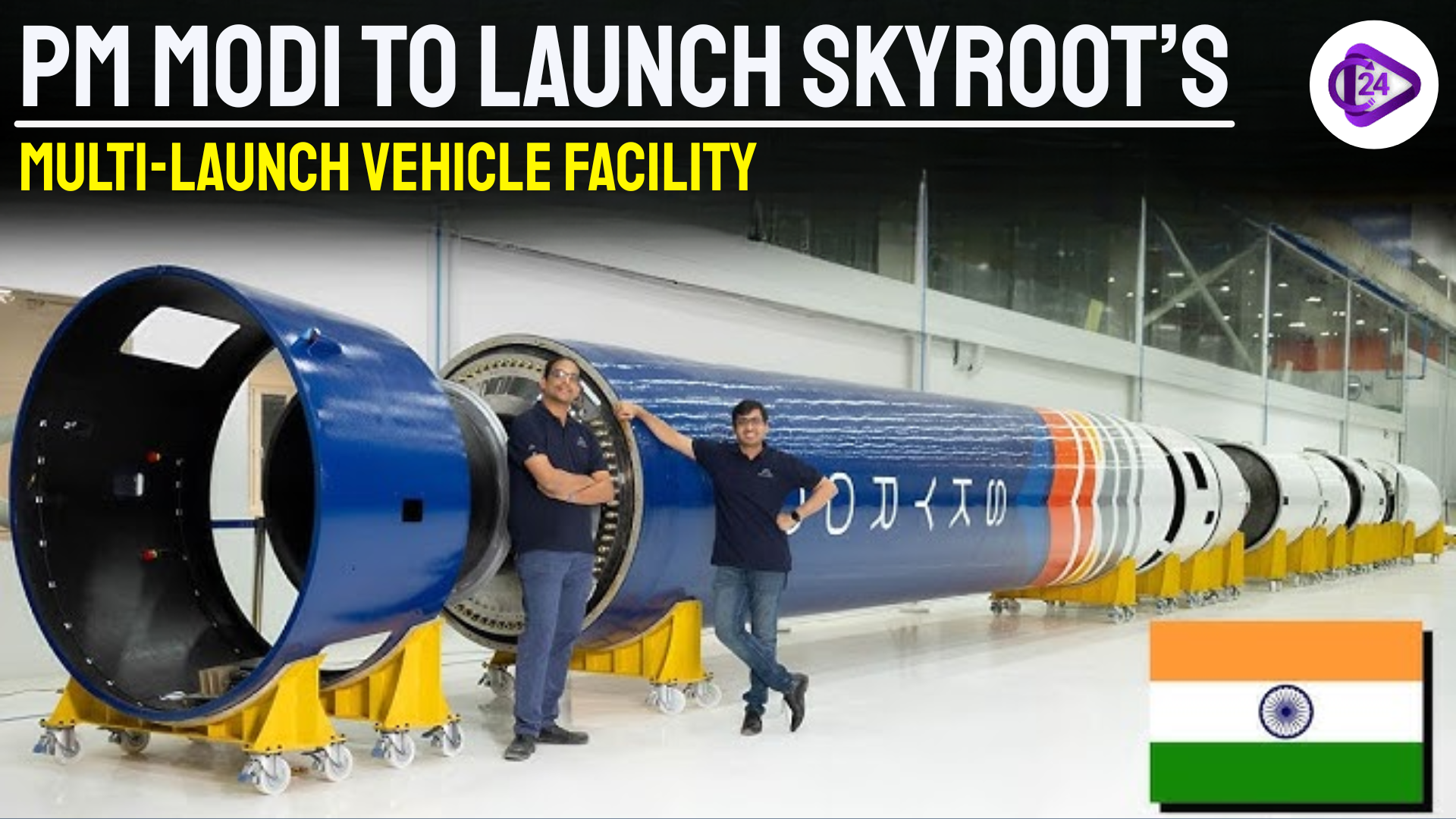 PM Modi to Launch Skyroot’s Multi-Launch Vehicle Facility
PM Modi to Launch Skyroot’s Multi-Launch Vehicle Facility OmanSat-1 Oman’s First National Communications Satellite Launched Successfully
OmanSat-1 Oman’s First National Communications Satellite Launched Successfully






